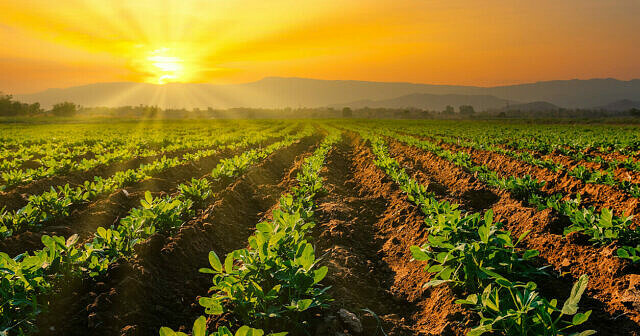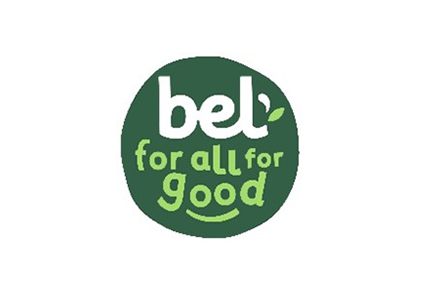Driving action on GHG emissions in the beef sector
2nd June 2022
As part of the European Roundtable for Beef Sustainability’s (ERBS) commitment to drive measurable and credible progress on beef sustainability in Europe, Platforms within ERBS participating countries have aligned on an outcome target of reducing GHG emissions by 15% by 2025.

Platforms and members in France, Germany, Ireland, Italy, Poland and United Kingdom are actively working with farmers on a range of activities to reduce GHG emissions. Understanding the complexity attached to driving down emissions at a landscape level, with a truly regenerative approach, the ERBS, as part of their knowledge share strategy, held an insightful and thought-provoking webinar on driving practical action on GHG. Participants heard from 4 speakers, each bringing a different perspective.
Mick Houlihan, Agri-Sustainability Manager at Origin Green, shared the Origin Green approach to carbon foot printing. Over 280 000 carbon footprints have been calculated for Irish beef farms to date. Insights from the data are used to track impacts at a national level, and most importantly, to support farmers with relevant advice and feedback from the data. The data also plays a key role in the direction of research priorities, and the development of programmes to enable adoption of on-farm practices. There is continued focus on seeking opportunities to both improve the quality of the data, and also review and update the carbon foot printing model.
Karen Goossens is the scientific collaborator at the cattle research group of ILVO (Flanders Research Institute for Agriculture, Fisheries and Food) and also the coordinator of the BovINE work package on environmental sustainability. Karen shared some examples demonstrating the diversity of innovations and research being led by BovINE. Importantly, this research is farmer-led and based on farmer needs. Topics ranged from additives (like essentials oils and seaweed) to reduce methane emissions; drone mapping of field nutrient status to aid precision application of fertilisers; the use of biochar to stabilise soil carbon; and the role of carbon credits in financing investment and development.
Brenna Grant, the Executive Director of Canfax and Canfax Research Services (CRS), talked about the development of a national beef strategy for Canada, and the importance of understanding and reflecting the regional context, versus relying on global averages which can miss key local dynamics. The beef sector in Canada have taken the approach of stretching the ambition and aim to achieve a 33% reduction by relying on a combination of driving significantly increased adoption of existing technologies, and research into and implementation of breakthrough technologies. Examples shared by Brenna included the value of safeguarding existing carbon in soils and trees, and the exciting potential of feed additive methane-inhibitors.
Dr Gisel Booman, lead scientist for the Regen Network, discussed the mission of the Regen Network which is to align economics with ecology to drive regenerative land management, based on the belief in the potential of agriculture to contribute positively to ecological change. Leading with the Registry, a programme of standards and methodologies to mint carbon, the Regen Network keeps land stewards (farmers) at the centre, driving transparency and trust, whilst maintaining scientific rigour. This aims to provide a market mechanism that truly incentivises positive ecological change. The Registry utilises projects submitted by land stewards, with credits issued post ecological change, with a satellite verification system. A blockchain ledger ensures no double counting and enables governance by the community.
SAI Platform members can access the webinar recording via My SAI Platform.
For more information on the ERBS and how you can get involved, please contact Rozanne Davis, ERBS Director at rdavis@saiplatform.org.


